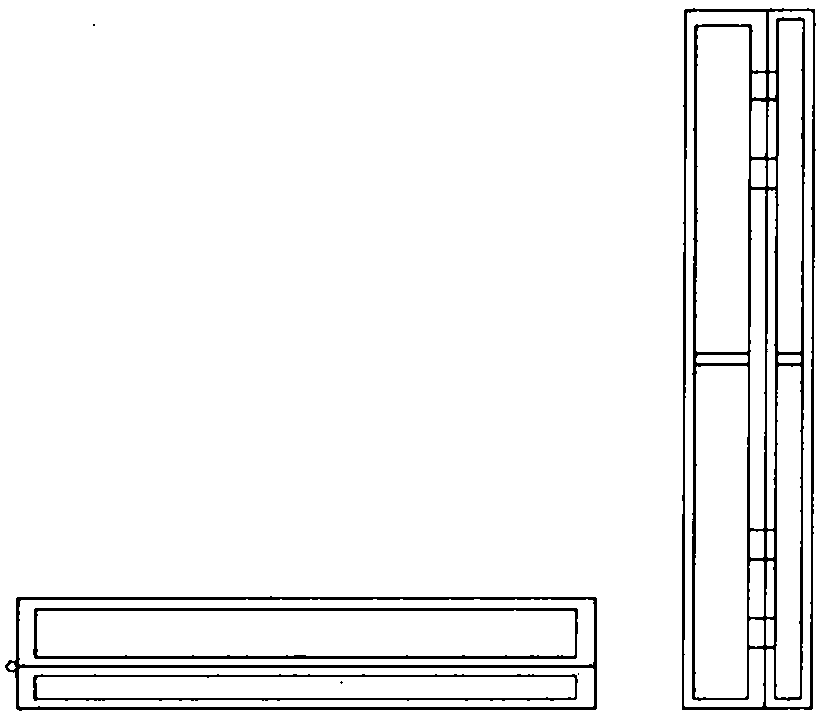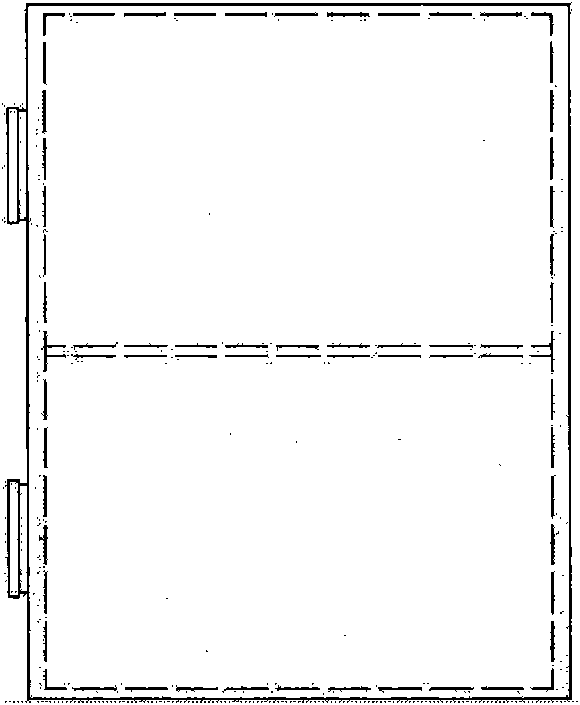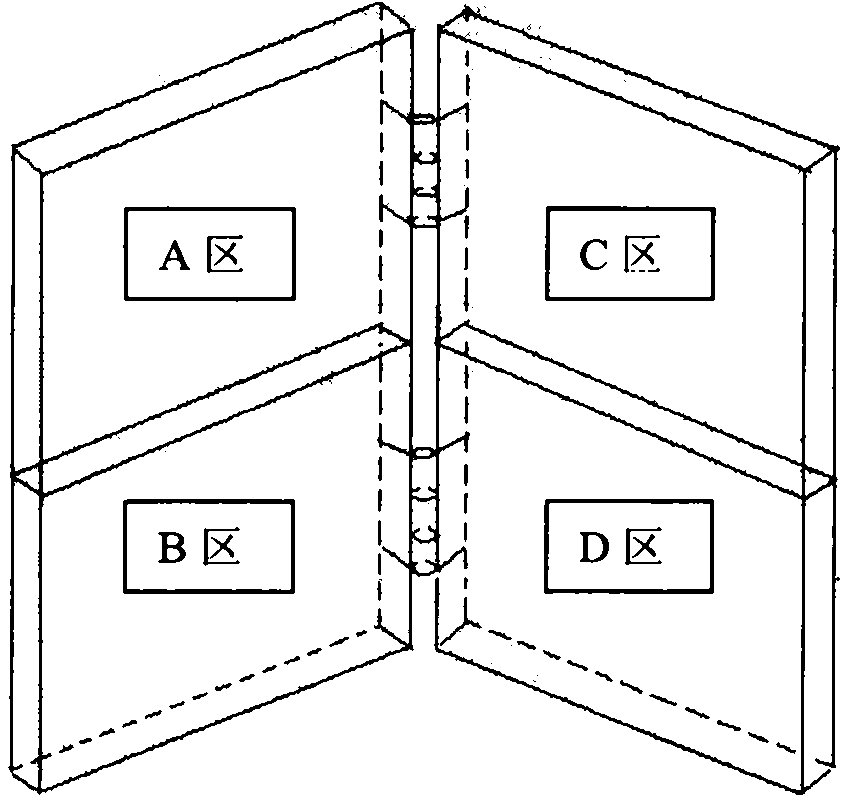Production method of traditional Chinese medicine material analytic specimen
A production method and technology of Chinese herbal medicines, which are applied in the field of making specimens of Chinese herbal medicines, can solve the problems of inconvenient teaching, easy loss, inconvenient specimens, etc., and achieve the effects of expanding the scope of use, prolonging the service life, and good anti-mildew effect
- Summary
- Abstract
- Description
- Claims
- Application Information
AI Technical Summary
Problems solved by technology
Method used
Image
Examples
Embodiment 1
[0054] Example 1 (Analysis of Roots and Rhizomes, Bark and Stems of Chinese Medicinal Materials—Fenfangji)
[0055] 1. How to make the actual specimen
[0056] 1.1 Collection: Fenfangji and its non-genuine small fruit and micro flower vines;
[0057] 1.2 Identification: According to the "Pharmacopoeia of the People's Republic of China" 2010 Edition, the collected Chinese medicinal materials were identified, and the results met the requirements; the Chinese medicinal materials were reserved;
[0058] 1.3 Analysis process:
[0059] 1.3.1 Object analysis process: take the Chinese medicinal materials obtained in 1.2 for analysis, use the natural fracture method to obtain the fracture surface, cut or cut the cross-section of the Chinese medicinal materials with a knife, and obtain the surface of the medicinal materials to prepare different forms of traditional Chinese medicines Material (fracture surface, cross-section, surface) spare;
[0060] 1.3.2 Picture analysis process: Ac...
Embodiment 2
[0071] Embodiment 2 (analysis of leafy Chinese herbal medicine——Senna leaf)
[0072] 1. How to make the actual specimen
[0073] 1.1 Collection: senna leaves and their non-authentic ear leaves senna leaves;
[0074] 1.2 Identification: According to the "Pharmacopoeia of the People's Republic of China" 2010 Edition, the collected Chinese medicinal materials were identified, and the results met the requirements; the Chinese medicinal materials were reserved;
[0075] 1.3 Analysis process:
[0076] 1.3.1 Physical analysis process: Take the Chinese medicinal materials obtained in 1.2 for analysis, soak them in warm water (40-50°C) for 1-2 hours, absorb the water with absorbent paper, and then press them with wooden specimen holders. A plywood is used as the bottom plate, 4-5 layers of grass paper are laid on the top, the specimen is placed flat on the dry straw paper, and the specimen is flattened, and 2-3 pieces of straw paper are spread on the top, so that the specimen and the...
Embodiment 3
[0088] Embodiment 3 (analysis of flower class Chinese herbal medicine---saffron, safflower)
[0089] 1. How to make the actual specimen
[0090] 1.1 Collection: saffron, safflower;
[0091] 1.2 Identification: According to the "Pharmacopoeia of the People's Republic of China" 2010 Edition, the collected Chinese medicinal materials were identified, and the results met the requirements; the Chinese medicinal materials were reserved;
[0092] 1.3 Analysis process:
[0093] 1.3.1 Physical analysis process: take the Chinese medicinal materials obtained in 1.2 for analysis, take the dried product, soak it in warm water (40-50°C) for 0.5 hours, absorb the water with absorbent paper, and inspect the flowers with the naked eye or with the help of a magnifying glass or an anatomical mirror. Medicinal material is carried out directional dissection (that is: until dissecting to appear the proterties and characteristics of most distinguishing significance), obtain each anatomical part (s...
PUM
 Login to View More
Login to View More Abstract
Description
Claims
Application Information
 Login to View More
Login to View More - R&D
- Intellectual Property
- Life Sciences
- Materials
- Tech Scout
- Unparalleled Data Quality
- Higher Quality Content
- 60% Fewer Hallucinations
Browse by: Latest US Patents, China's latest patents, Technical Efficacy Thesaurus, Application Domain, Technology Topic, Popular Technical Reports.
© 2025 PatSnap. All rights reserved.Legal|Privacy policy|Modern Slavery Act Transparency Statement|Sitemap|About US| Contact US: help@patsnap.com



